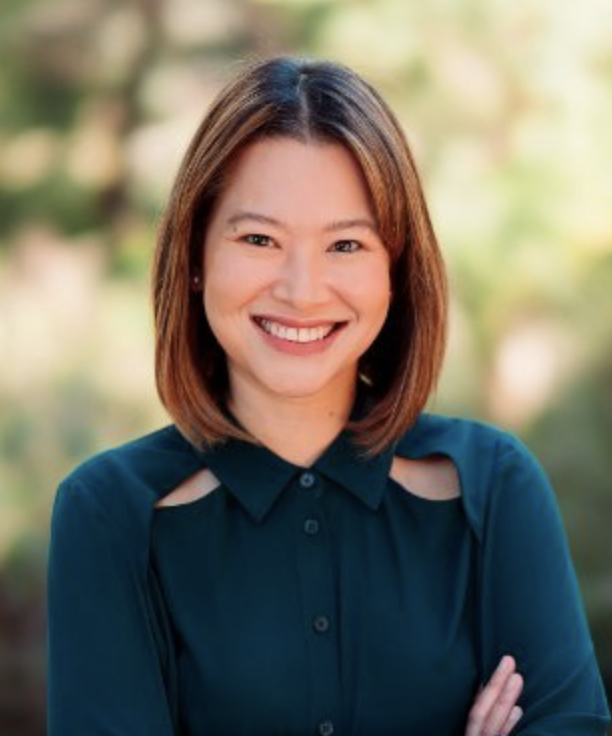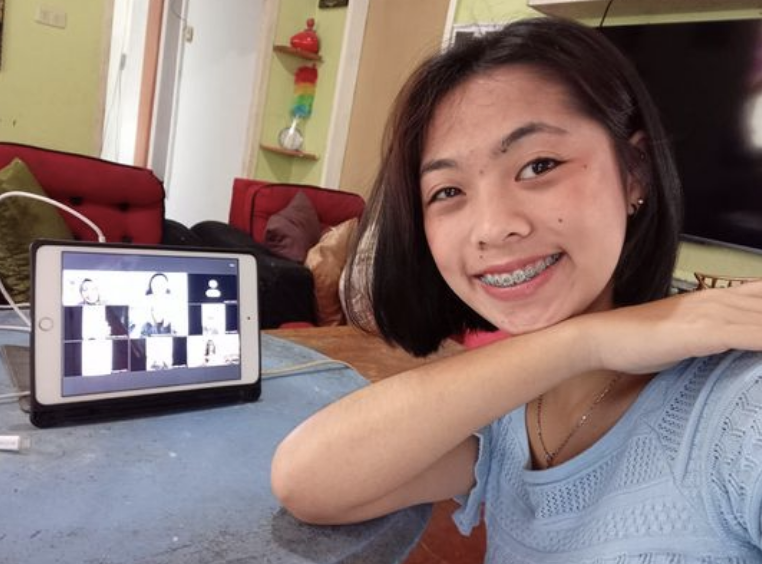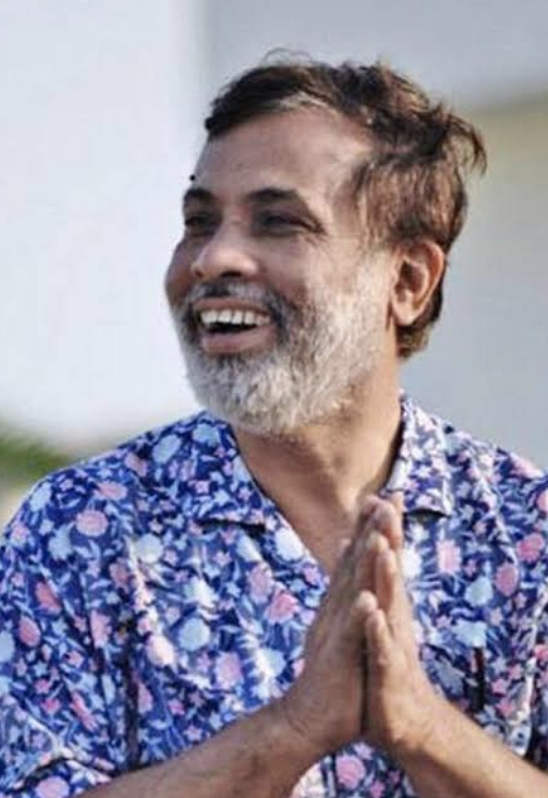Disinformation: a problem of ignorance or lack of participation?
/Increasingly sophisticated waves of disinformation and fake news are taking the online world as if by storm, stoking partisan divides, casting doubt on the integrity of elections and even undermining public health. How can participatory democracy help? Can deliberation bring together divided publics? Two experts in the space, Nicole Curato, professor of political sociology at the University of Canberra (Australia) and Sanjoy Ganguly, director of the Jana Sanskriti Theatre of the Oppressed in India, recently addressed this topic in a research-to-practice talk organized by People Powered. Below is an edited summary of their remarks.
Nicole Curato: Is disinformation the problem, or the inequality of power? Ask the people!
Nicole Curato
Can deliberation bridge publics divided by disinformation? I’d say yes, but only under certain conditions. And it’s important that we first explore what we mean by disinformation and its root causes.
The Philippines offers a useful case study. My colleagues and I documented our observations in a report we titled, “Parallel Public Spheres: Influence Operations in the 2022 Philippine Elections.” In the past two presidential elections, the country experienced an all-out political war that triggered friendship breakups and family quarrels. In fact, in 2018, Katie Harbath, Facebook’s public policy director for global elections, named the Philippines the so-called “Patient Zero” in the disinformation epidemic.
The dominant narrative about the causes of this state of affairs is the existence of “bad actors” like Cambridge Analytica (the British company that mined and used the personal data of millions of Facebook users), Facebook/Meta itself, the illiberal regime of Rodrigo Duterte and the lingering influence of the (Ferdinand) Marcos dynasty.
However, my research team argues that an over-reliance on these easy scapegoats is not only incorrect, but harmful. In a Global South context, that narrative is homogenizing, if not colonial, at its heart. It portrays the Global South as a passive recipient of disinformation tactics devised in the West, as if our societies have no agency. These narratives also discount the voices of ordinary citizens, portraying them as unknowing victims of manipulation, rather than political actors who have their own views about the information landscape. It also shuts down dialogue and deliberation. Once we regard citizens as delusional and vulnerable to manipulation, we stop seeing them as conversation partners. We lose our capacity to listen to other people's legitimate grievances, which led them to distrust established sources of information in the first place. I've even encountered people who refuse to give donations to typhoon victims because “they voted for Marcos Jr., so they should rely on him and his social welfare ministry.” In other words, we withhold our solidarity because we see the other side as manipulated and naive. And what’s overlooked is that someone benefits from a divided public sphere.
A young woman participates in a deliberation on disinformation.
What we need are creative, collaborative solutions that address both the disinformation and the deep divisions. First, we need creative storytelling about this disinformation beyond the “stupid voter” narrative. A couple of years ago, we experimented by conducting a nationwide, online deliberative forum on disinformation. We invited 26 randomly selected Filipinos from all over the country to come together to learn about disinformation and deliberate on it. They came from different ages, genders, regions and socioeconomic status. Via Facebook and Zoom, they listened to experts. And together, they discussed the dangers created by the spread of so-called fake news, who should be held accountable, and who should safeguard social media. We challenged these participants to generate collective recommendations for the stakeholders that are leading campaigns against disinformation.
Among the insights that emerged from this exercise is that participants considered disinformation part of a wider problem of power and money. As one participant put it, “fake news is just like vote buying; vote buying pays for votes and fake news pays for voice.” For them, the problem is not disinformation per se, but political inequality. In the Philippines, 70% of Congress members inherited their position from a family member. For example, it's common for a district representative to complete a three-year term, then run for mayor, while his or her son, daughter, parent or even mistress runs as their replacement, pretty much uncontested. People who control money control information. Thus, the recommendation they put forward is to work against political dynasties.
Second, participants recognized that disinformation cannot be disentangled from economic insecurity. The individuals who earn money by producing and disseminating disinformation include both journalists struggling to make ends meet and ordinary citizens seeking to find creative ways to make money. For them, the concern isn’t disinformation; it’s the precariousness of labor.
The main point here is that there is an alternative story about disinformation. To understand it, we must help people from different backgrounds and political perspectives come together, think together and diagnose the problem together.
Deliberation works if we give diverse people enough time to discuss different perspectives and scrutinize each other's arguments. Deliberation also works if it places power at the heart of the discussion. Deliberation does not work if we only deliberate among like-minded people or people with the same biographical or professional experience.
These observations are based on a collaborative research project funded by Internews under the Six-Track Engagement Against Disinformation Initiative (STEAD-i).
Do you work for a civil society organization or government that recognizes the need to develop a digital policy to govern the creation and spread of disinformation, the use of AI (artificial intelligence) or the moderation of online conversations? People Powered can help you do so using participatory democracy techniques. Apply to join our new accelerator program.
Sanjoy Ganguly: Participation should make us ‘intellectually disturbed’
Sanjoy Ganguly
Centralization, lack of participation and exclusion of ordinary people from the intellectual arena are global phenomena. The problem is that when we talk about participation, people are too often treated as “implementers,” with the policy itself decided at the top.
For example, my organization recently addressed a question involving migrant workers, who experience severe exploitation. There is an existing law governing migrant labor, but migrant workers and their families weren’t provided any opportunity to participate in its formation. It was drafted by Indian elites in parliament.
Representative democracy doesn’t represent the people. The word participation is rampantly misused, and not just by government. Trade unions and civil society organizations are an alternate power sector. When they go to the people, they go as leaders, with the people as their followers. It’s a culture of controlling the people that needs to be questioned and changed.
What we need is creative collaboration, a process that allows people to not only examine the reality around them but also to think introspectively about their role. Through such an exercise, we discover the intellectual faculty we all have within us, but don't always realize.
It’s important to emphasize that this type of collaboration is not a space for ventilating emotions. Creative collaboration is a space where we are intellectually disturbed. That means we keep thinking about what happened, why some things didn’t work, and why another way might be better. This is the sort of critical thinking that creative collaboration should be all about. This is a space that is naturally democratic, where we focus not just on solving a problem but understanding it. Participation is an intellectual journey from effect to cause, result to reason. We need to give people information and intellectual space. Intellectual power transforms SPECTactors to SPECTactivists.







